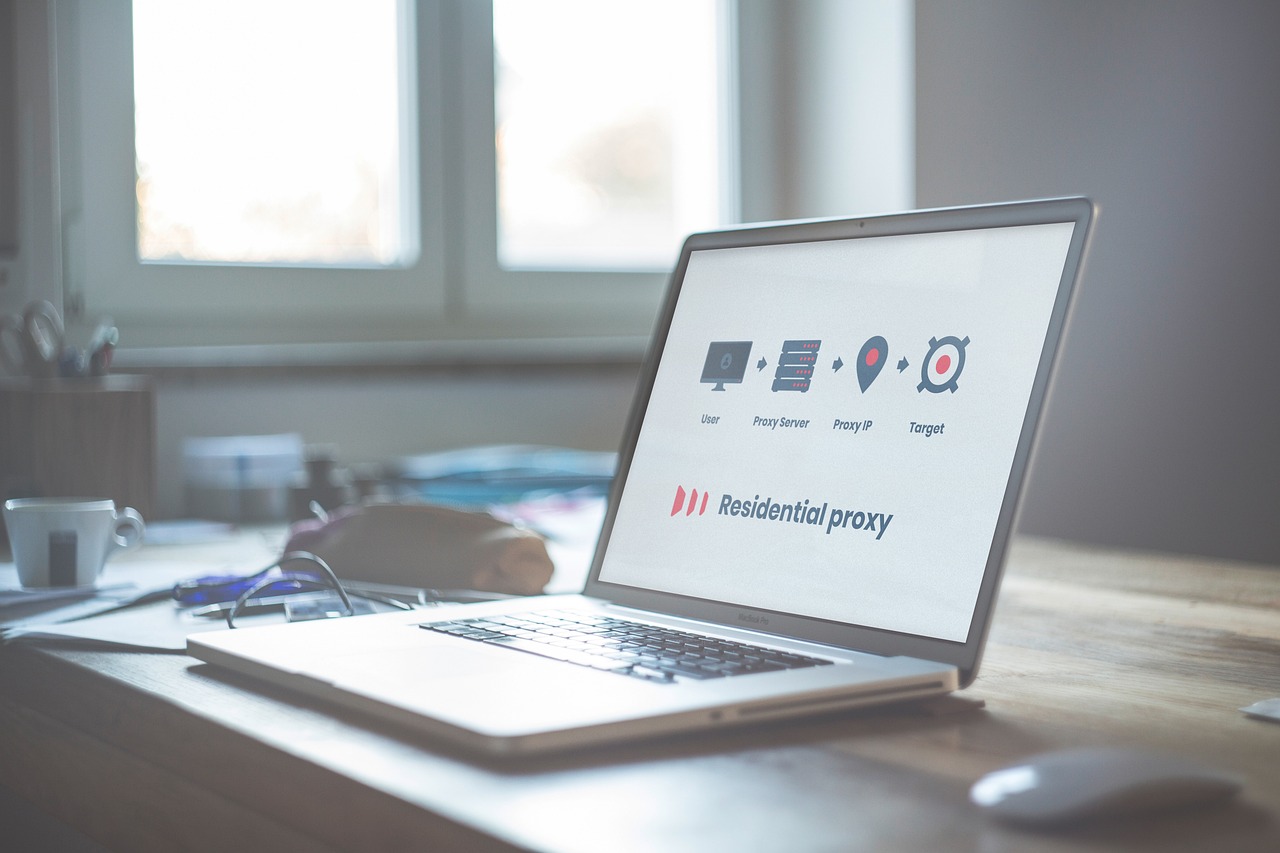Data scraping and web crawling are crucial data mining methods for gathering competitive, customer, and sales intelligence. However, they’re not without their share of challenges.
That’s where residential proxies come into play. Before discovering how they streamline web scraping and crawling, let’s see what these methods entail and what challenges they bring.
What is data scraping?
Data scraping means extracting public information from websites, including pricing, product descriptions, images, links, and HTML code. It helps you collect accurate, up-to-date data for market research, price optimization, lead generation, ad verification, trend monitoring, and other purposes.
Web scrapers can even harvest data from pages with the robot.txt protocol—a file preventing web crawlers from scanning and indexing specific pages.
However, a web scraper doesn’t provide structured data unless specifically programmed to do that with a parser. It retrieves unstructured data, so you need other tools to cleanse, format, and analyze it and gain actionable insights. Still, you can enrich your database with valuable information, which you can save in XLS, CSV, JSON, or another format.
What is web crawling?
Web crawling is discovering URLs and links and indexing websites for data extraction. Therefore, you need a web crawler to scan and index websites according to HTML code, metadata, links, keywords, and other characteristics.
Web crawlers are crucial for SEO, as search engines use them to index sites, determine their ranking, and display relevant results in SERPs (Search Engines Results Pages). They also detect incorrect URLs, HTTP response status codes (e.g., permanent redirects or restricted access), broken links, and other errors.
Challenges of scraping and crawling the web
Businesses face many challenges when crawling and scraping the web, including the following:
- IP blocking – Many websites have anti-bot mechanisms, blocking IP addresses that send too many HTTP requests within minutes.
- Honeypot traps – These security measures are links, fields, or entire pages visible only to web crawlers and scrapers. Once they take the bait, the target website blocks them.
- CAPTCHA tests – Web scrapers can’t pass CAPTCHA tests because their scripts don’t have functions for solving image-based and text-based logical and mathematical problems.
- Login requirements – Some websites require users to create and log into accounts to access specific content. That adds cookies to your browser, allowing target sites to block your HTTP requests if you send too many.
- Geo-restrictions – Many websites worldwide implement geo-blocking to prevent or restrict content access in particular regions.
- Structural website changes – Dynamic websites frequently update their HTML code to improve the layout, optimize URLs, and enhance other elements for better SEO and user experience. That calls for adjustments to your web scraper to avoid gathering outdated, inaccurate, or incomplete data.
These challenges might make web crawling and data scraping seem like a Sisyphean task. However, you can overcome them with a residential proxy.
What are residential proxies?
Residential proxies are proxy servers with residential IP addresses—those that ISPs (Internet Service Providers) provide to users. They attach to physical locations worldwide, helping you access, scan, index, and scrape websites without detection and restrictions.
How do they work?
Like other proxies, a residential proxy server routes your traffic through an intermediary server, sending HTTP requests from another IP address to hide yours. However, that IP address comes from a desktop device, not a data center.
That makes your web crawler and data scraper appear like organic users, effectively bypassing anti-bot mechanisms.
How residential proxies empower data scraping and web crawling
A residential proxy lets you choose a home-based IP address in a specific country or city to bypass geo-blocks and access localized content. You can quickly gather accurate data without restrictions, whether you need up-to-date pricing details, the latest product listings, or other information.
Many providers offer rotating residential proxies, which change IP addresses at intervals to avoid IP blocks, CAPTCHAs, and login requirements. That’s ideal when sending multiple HTTP requests to extract website data. If you’re looking for a trusted solution, consider going with Oxylabs to experience top-tier residential proxies.
You can even conduct multiple (some providers offer unlimited) concurrent data scraping sessions without fearing IP bans. That’s a massive time-saver.
Residential proxies also let you avoid honeypot traps when indexing and scraping websites. Your web crawler and scraper won’t fall into them because target sites will detect them as human users and not lure them into their virtual traps.
As for dynamic content and structural website changes, you’ll need a data scraper or web unblocker with JavaScript rendering and a scraper API for data parsing.
Final words
Residential proxies can take your data scraping and web crawling to the next level. You don’t have to worry about websites blocking or banning your IP address for sending multiple HTTP requests. You can also say goodbye to geo-restrictions and various anti-bot measures, unlocking access to all the content from around the world.
However, don’t use free proxy servers because they could expose you to security issues like malware, unsafe websites, unsecured HTTP connections, tracking, and cookie theft. The paid alternatives won’t compromise your privacy and security.



